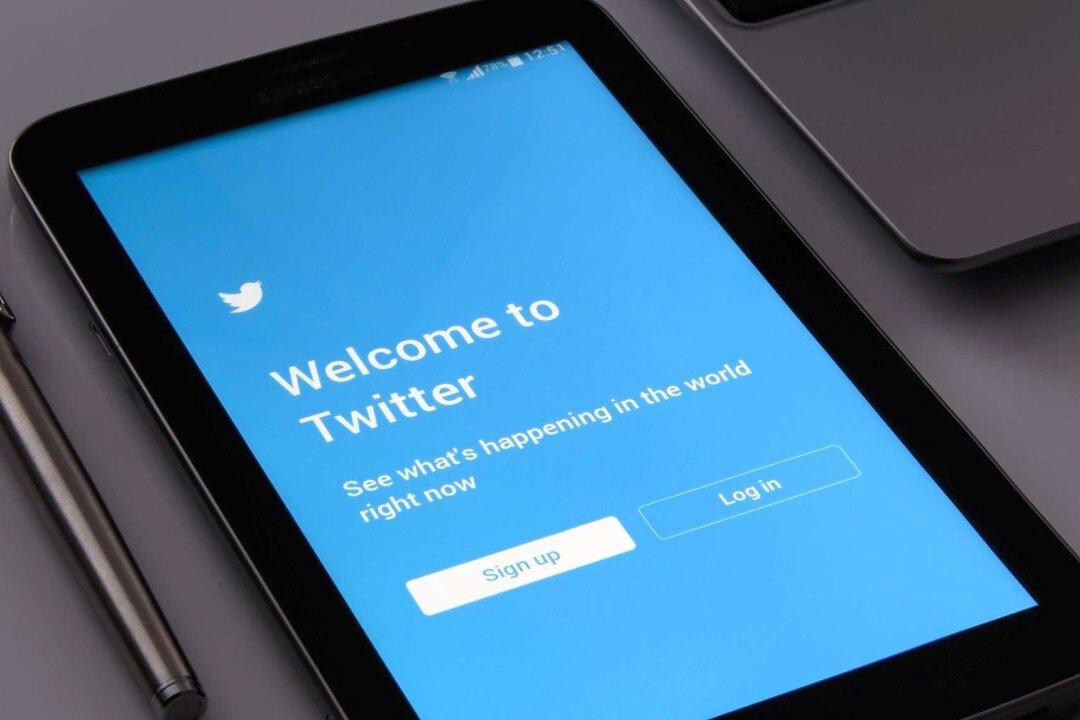Commentary
There’s an astonishing trend afoot, and if something isn’t done to stop it in its ugly tracks, your right to freely express an opinion is in jeopardy.

There’s an astonishing trend afoot, and if something isn’t done to stop it in its ugly tracks, your right to freely express an opinion is in jeopardy.